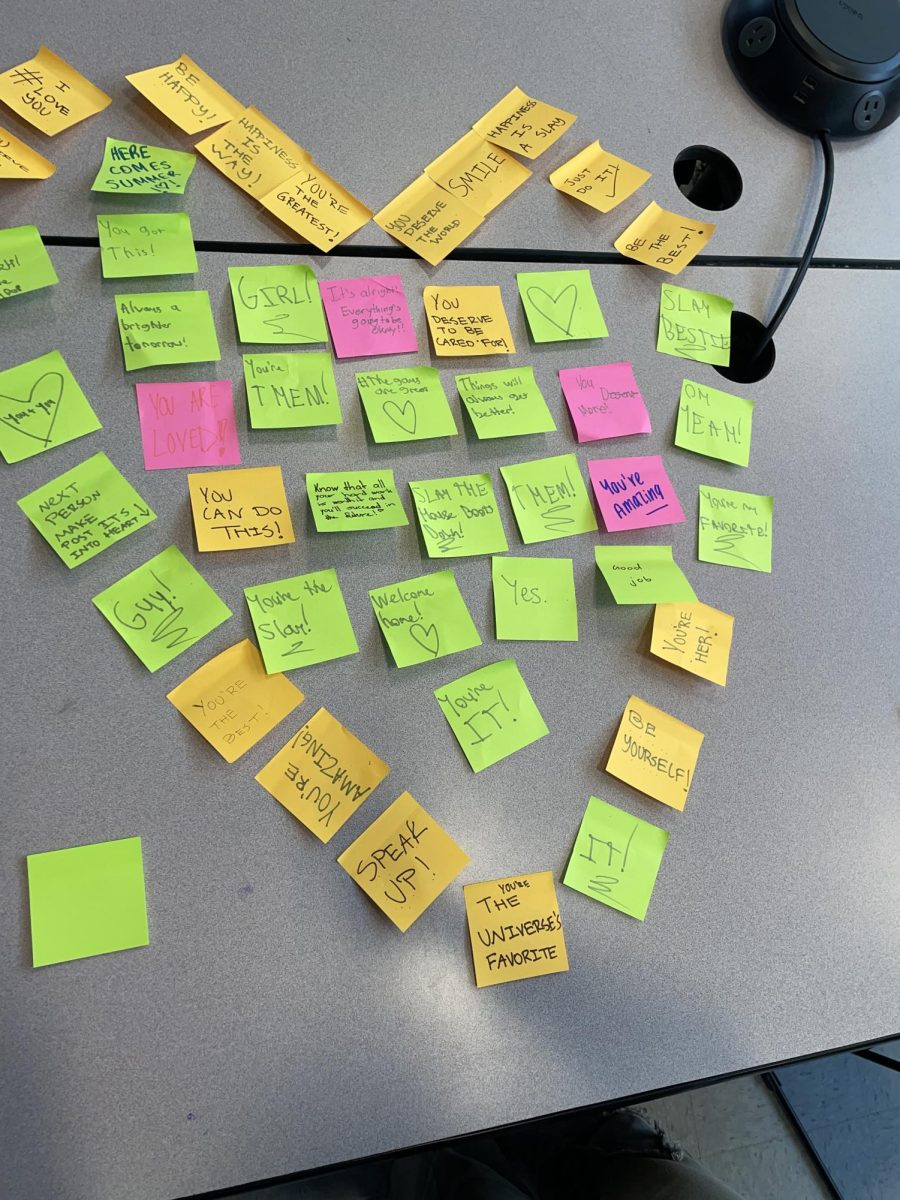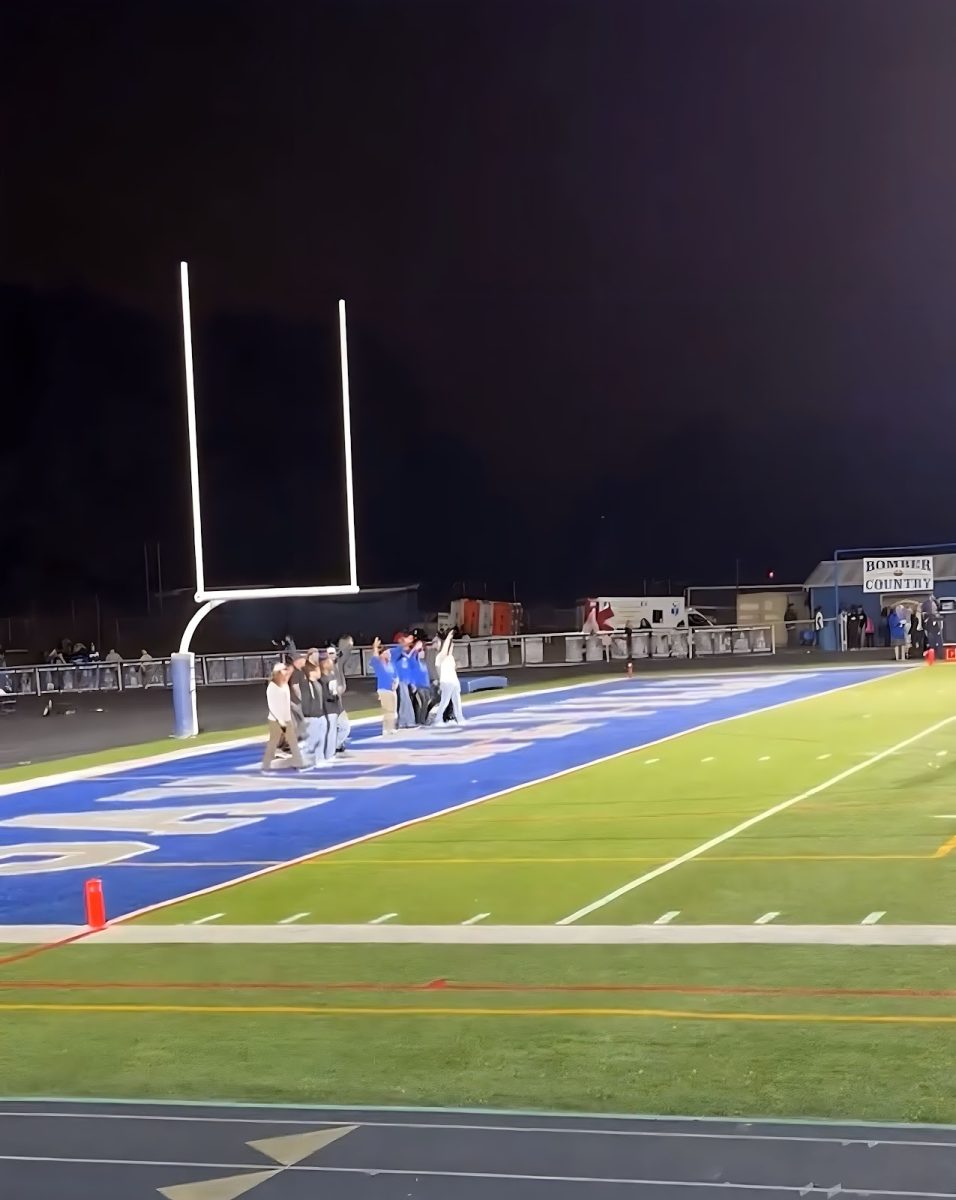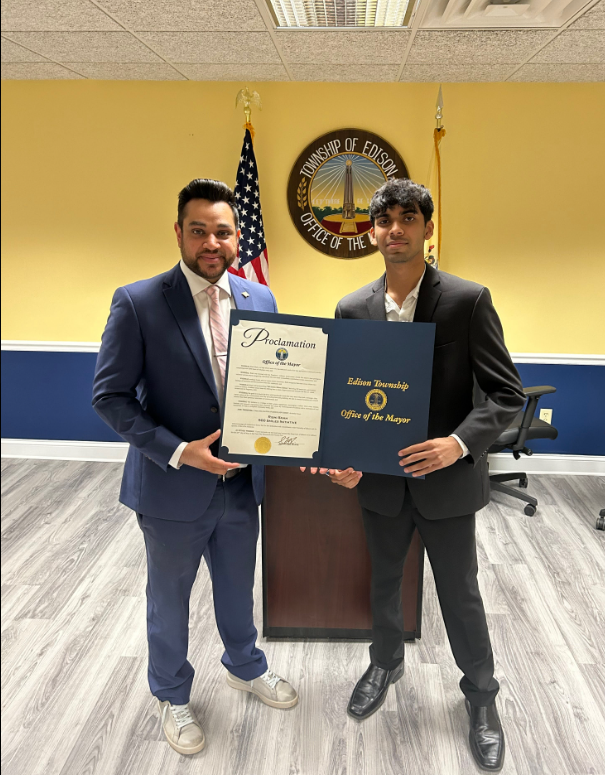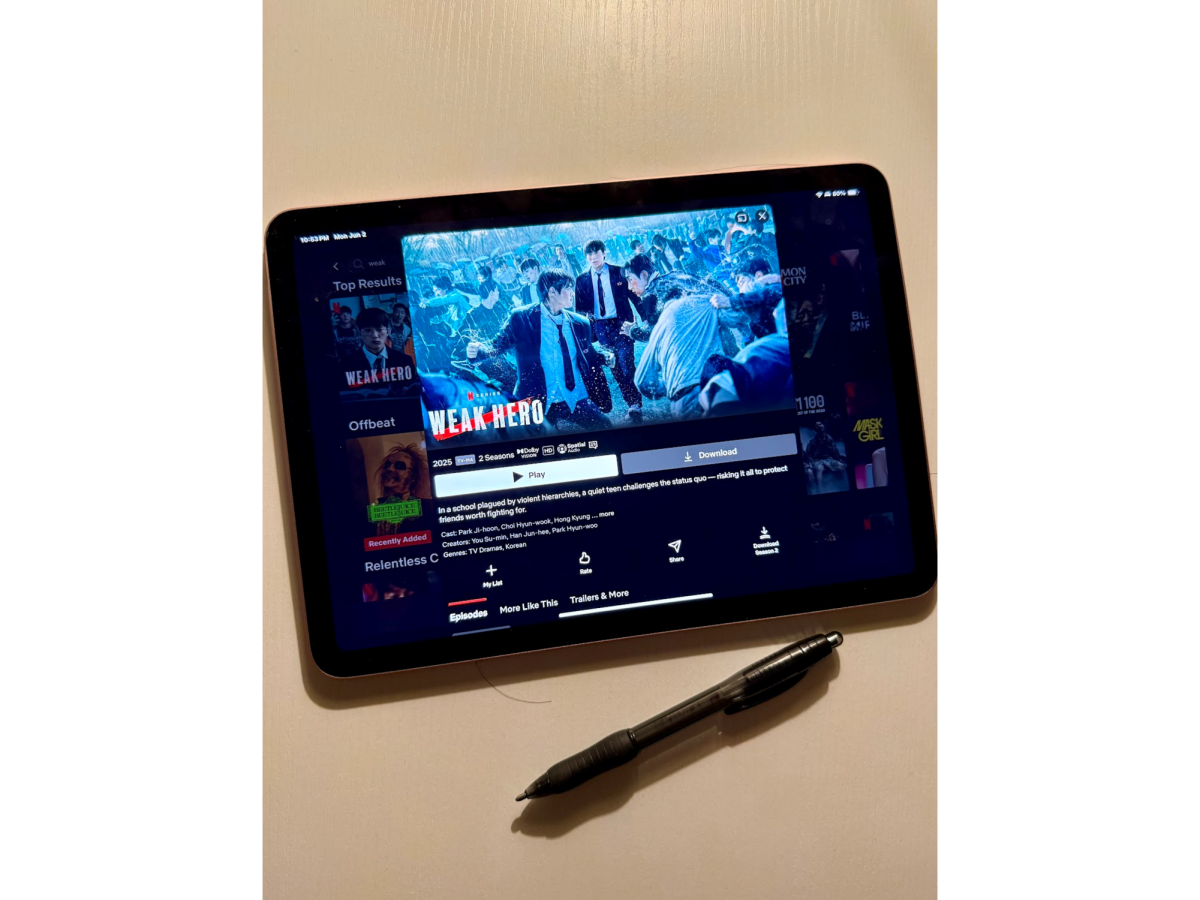How the Tate vs. Thunberg Debacle Reminds Us to Watch What We Post

January 6, 2023
Ending the year with a bang, things went downhill for British-American kickboxer Andrew Tate after an online fight with now 20-year-old Swedish activist Greta Thunberg. In a thoughtless Twitter post including a video where Tate comments, “Make sure that these boxes are not recycled,” he placed a Jerry’s Pizza box on the table. Using this detail, his location was confirmed by authorities. Jumping at the opportunity once proof was available, the Romanian authorities arrested Tate on the charges of human trafficking. After the news hit the press, witty Thunberg got the last laugh with a tweet that read, “This is what happens when you don’t recycle your pizza boxes.”
As risible as the whole fiasco is, how does Tate’s poor choice pertain to the rest of society? The grave mistake of the video may have gotten Tate arrested, but Tate’s earlier tweets reflect a personality on the web that cannot be removed, even with a delete button. In boasting about cars and picking virtual arguments with teenagers, Tate has placed himself in an impossible position morally, where his statement not only cannot be redacted but is also easily accessible to everyone from employers to big companies looking for partnership.
On a different scale, the same applies to universities and admissions. Many universities are keen on looking into their prospective students during the admissions process. Since they can see your public profiles and social media accounts, once a specific post is deemed problematic and brought to their attention, it can result in a multitude of consequences, including a rescinded decision letter.
Needless to say, no matter how comical the post may appear at first glance, the consequences may not turn out to be as comical in return. Even without expensive cars and personally directed tweets from Greta Thunberg, everyone’s digital footprint can leave the same lingering mark on social, academic, and labor records.















